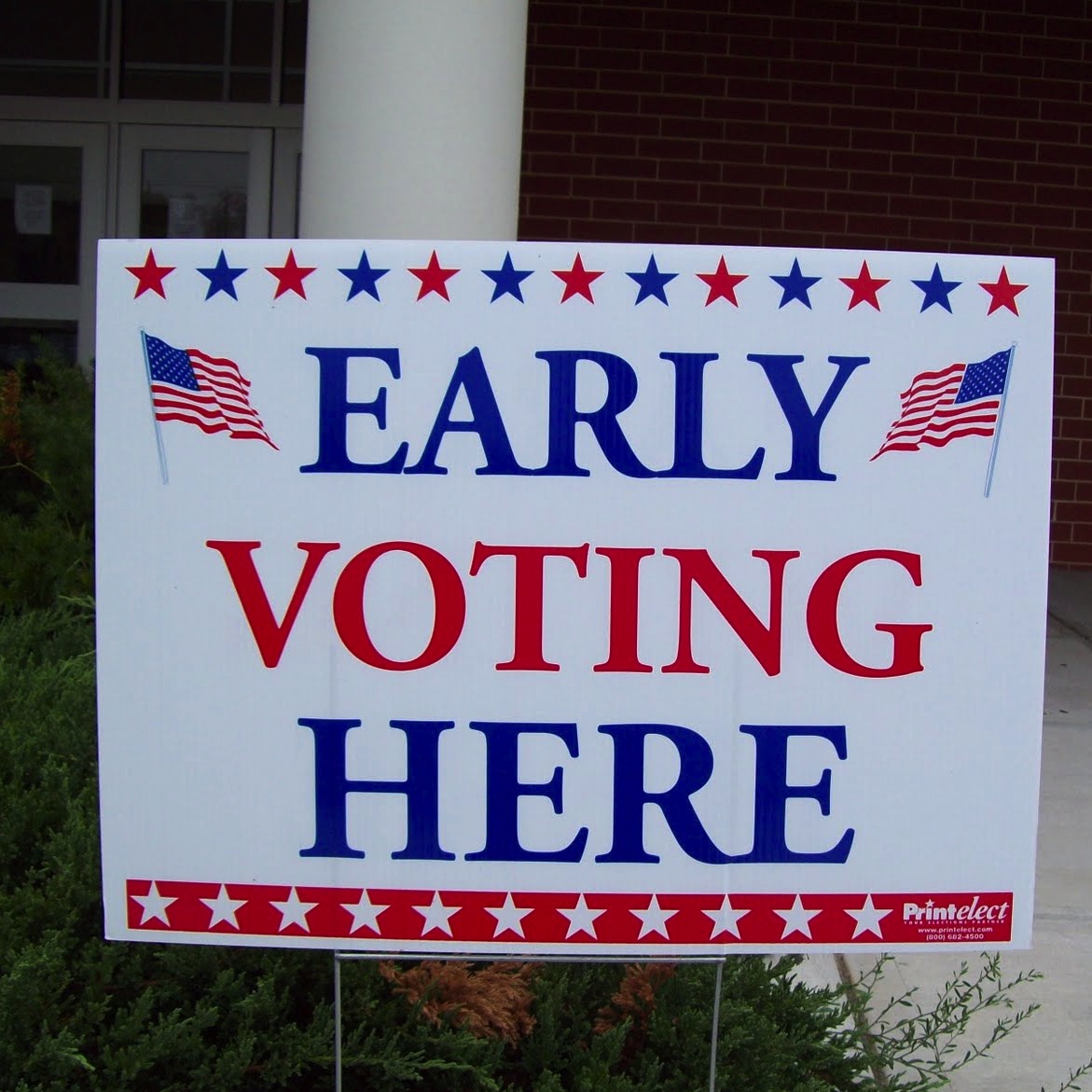Elections in the United States must be carried out in line with rules meant to ensure honesty and accuracy, and to expose candidates to timely judgments about their merits. But those rules cannot be used to set up unreasonable barriers to the polls – barriers that serve the rule-writers’ purposes by making it unnecessarily hard for certain voters to help choose their leaders.
Strangely and disappointingly, North Carolina in the 21st century’s second decade finds itself entangled in a new web of voting laws that undermine what we all should agree is a basic right of citizenship.
No, this is not the era of Jim Crow, when laws blatantly disenfranchised an entire segment of the populace because of the color of their skin.
Federal reforms enacted 50 years ago finally tore down the overt legal barriers that, for many African-Americans, had made a cruel mockery of voting rights guaranteed by the Constitution.
The NC Council of Churches, since its inception in the 1930s, was in the forefront of those calling for changes that would affirm a universal right of suffrage. The Council was mindful that with black citizens largely kept from voting, their concerns could be essentially ignored by office-seekers and office-holders. That was a formula for vast social injustice that flew in the face of Christian teachings of care for the powerless.
It is a sign of how seriously the Council takes the state’s present backsliding on voter rights that the organization’s Governing Board now has reaffirmed its “historic, principled and unapologetic commitment” to suffrage as a fundamental right.
A statement of principle adopted by the Board in December casts the issue of access to the polls as not only central to our democracy, but also as reflecting “a core concern of Christian ethics.”
The right to vote “is a primary means in a republic to allow the dispossessed, the poor, and racial and ethnic minority groups a voice in the public square,” the statement declares. “Indeed it is what guarantees that there is a public square for all citizens.”
The Council’s leadership decried the sweeping election law changes put in place by the General Assembly last year. The legislation began as an effort to put North Carolina in line with many other Republican-controlled states by requiring voters to show a photo ID – a rule whose impact is likely to be heaviest among groups of voters who tend to favor Democratic candidates. But legislators didn’t stop there. They enacted a whole portfolio of provisions geared to brighten Republican prospects, including a shortening of the period for early voting and an end to same-day early voter registration.
The changes “will make access to the polls more difficult for all people,” the Board said, “and especially those who are poor, the elderly, young first-time voters, and people who work for low hourly pay. These recent measures represent a giant step backward from a commitment to truly representative and open government and move our state toward a past we had thought was behind us.”
Speak and act
The Board laid down a challenge to the Council’s member church bodies, which include a broad range of North Carolina’s Christian denominations, and to their leaders. The challenge is rooted not in the jousting that is an inescapable aspect of a competitive partisan system, but in the duty to press for laws that give all citizens, no matter their station in society, a fair and equal voice at the polls.
Church leaders are urged “to address the importance and right of suffrage both from the pulpit and with public statements and actions which echo the prophets’ concern for those who are poor and otherwise marginalized.”
People of faith are urged “to work to have these laws changed, in order to remove impediments to the full and unfettered exercise of the vote.” They also are called upon to work to cushion the impact of the new rules, “particularly with those populations who are most affected.”
This can be accomplished, the Board said, by disseminating accurate information about new voting procedures, by helping people obtain proper IDs, by working in non-partisan voter registration drives, by volunteering at polls to help counter intimidation, and by striving across partisan and faith lines to advance “the right of all citizens to full participation in politics.” In keeping with those objectives, the Council supports the efforts of the Operation Jumpstart coalition organized by the election reform group Democracy North Carolina.
The Governing Board’s action cannot be viewed as partisan, even if it hopes to counter legal changes that benefit one of the major parties. Instead, the Board appeals to a moral imperative that is a hallmark of Christianity – to safeguard the interests of those at risk of being neglected or abused by those in power.
Referring to the long effort by the NC Council of Churches and its allies to secure unimpeded access to the ballot box for all citizens, the Governing Board said:
“The notion that this has ever stopped being a concern is a convenient and unjustified myth, quickly evaporated by honesty about our history. There are those who would have us believe that the circumstances of that history have somehow magically become irrelevant to the present. Gradual progress and continued struggle alike, however, testify to the importance of standing firm on the side of those left most vulnerable, when access to voting is reduced or eliminated.”
The Board’s statement leaves no doubt that among the leaders of many North Carolina churches, there is a consensus that the General Assembly, by making it harder to vote, has gotten crossways with a central principle of the Christian faith. Now it’s up to faithful church members to make good on their beliefs by working to ensure fairness for each and every one of the fellow voters who are their neighbors.


